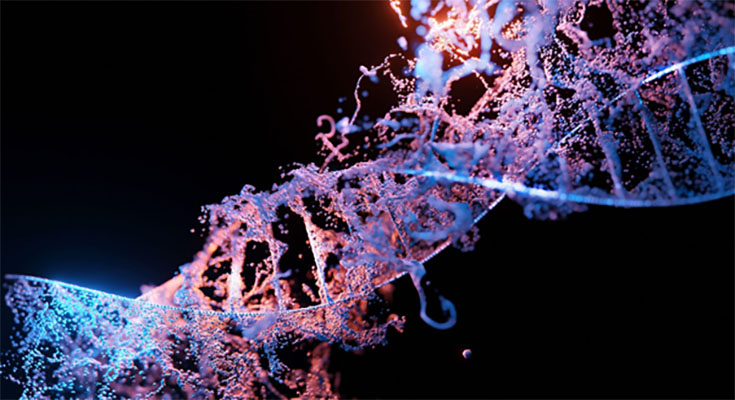DIY Antioxidant-Rich Vegetable Juices for Radiant Skin and Wellness
In today’s fast-paced world, taking care of ourselves has become more important than ever. We all want to have radiant skin and maintain general wellness, but sometimes, buying expensive skincare products or supplements may not be feasible. That’s where the power of DIY antioxidant-rich vegetable juices comes in.
Vegetables are packed with essential vitamins, minerals, and antioxidants that can work wonders for enhancing our skin’s natural glow and boosting overall health. By incorporating these nutrient-rich juices into our daily routine, we can nourish our bodies from within and achieve that radiant and healthy-looking skin we desire.
Benefits of Antioxidants for the Skin
Before diving into the recipes, it’s important to understand why antioxidants are crucial for skin health. Antioxidants help combat oxidative stress caused by harmful free radicals in our environment. These free radicals can damage our skin cells, accelerating the aging process and causing various skin issues such as … Read more











